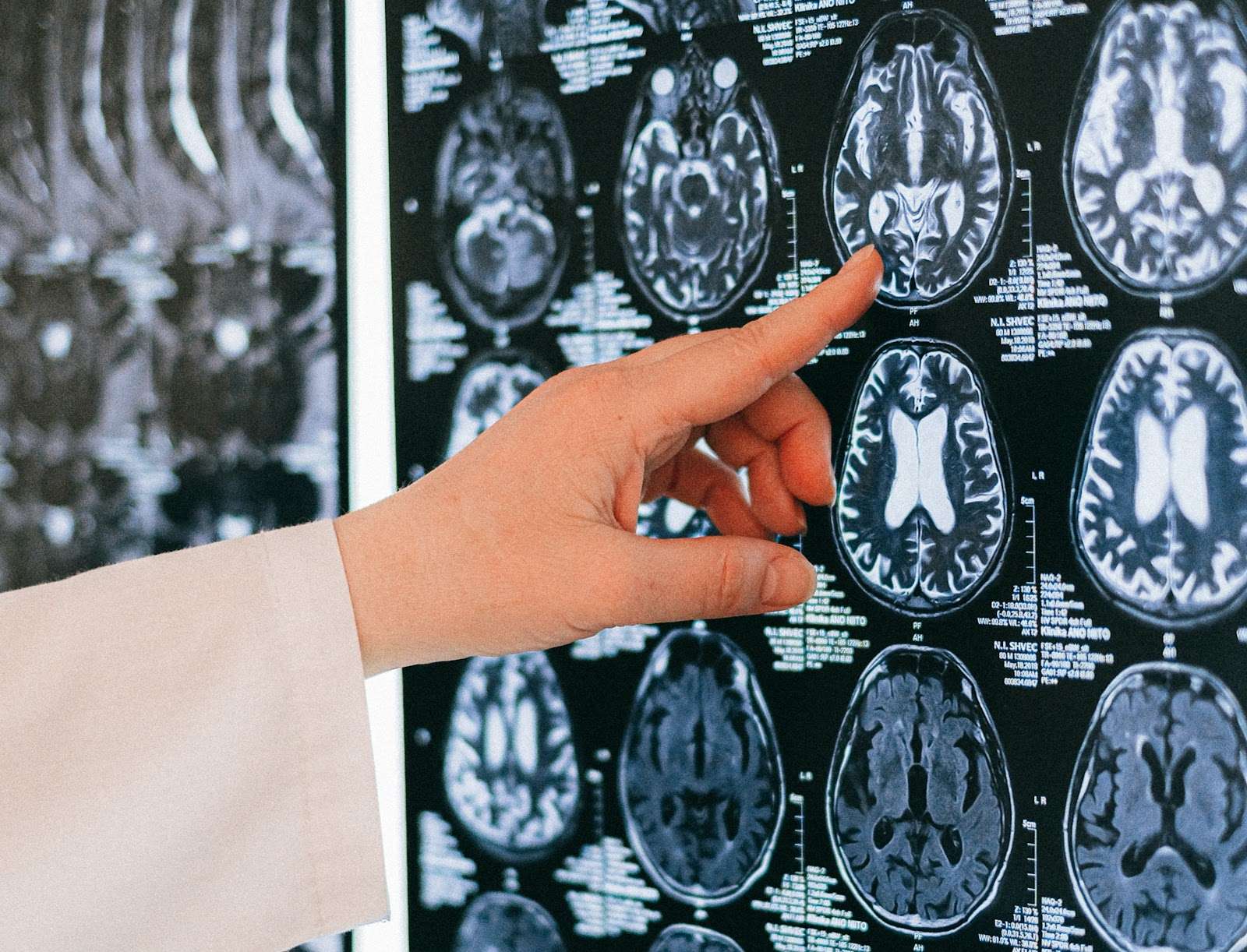
The human brain is an incredible organ, evolving over millions of years into a structure of immense complexity. Within this complexity lies a captivating phenomenon known as brain lateralization, where different functions are specialized in each hemisphere. Let’s explore this intriguing aspect of brain anatomy and its implications for human cognition and health. In addition, how the knowledge of lateralization is useful in making bioelectronic medicine for future innovative neuromodulation strategies to personalized treatments.
Understanding Brain Lateralization
Brain lateralization refers to the unequal distribution of cognitive functions across the left and right hemispheres of the brain. While the brain appears symmetrical, studies have shown distinct left–right asymmetry patterns in various processes such as language, cognition, and emotions. For example, the brain’s left hemisphere tends to dominate language-related functions such as speech production and comprehension, as well as logical reasoning and analytical thinking. On the other hand, the right hemisphere excels in visuospatial tasks, creativity, intuition, and non-verbal communication.
Despite their specialized functions, the brain’s hemispheres are not isolated entities. They work together synergistically to process and respond to complex cognitive tasks. This interconnectedness allows for sharing functions between hemispheres and facilitates recovery from brain injuries.
Brain’s Influence on Bodily Functions
Recent research has uncovered the profound influence of the brain on bodily functions beyond cognition. Psychological states such as depression can impact cardiovascular health, highlighting the intricate connection between the brain and the heart. Furthermore, meditation and yoga demonstrate the brain’s ability to modulate physiological parameters such as cortisol levels and blood pressure.
The Gut-Brain Axis
The bidirectional communication between the brain and the gut, known as the gut-brain axis, plays a crucial role in regulating emotions, motivation, and cognition. To diagnose psychiatric disorders the correlation between dysfunctions in this axis and gut health is highly promising. Therefore implicating these correlations in psychiatric disorders’s treatment will be the future.
The Placebo Effect
The placebo effect showcases the power of the mind to influence brain chemistry and bodily responses. Beliefs and expectations can significantly impact treatment outcomes, highlighting the intricate interplay between psychological factors and physiological responses.
Bioelectronic Medicine
Bioelectronic medicine is an innovative approach that uses electronic devices to modulate neural activity and restore physiological function. For example, neurostimulators for conditions like Parkinson’s disease, peripheral nerve stimulators for pain management, and bioelectronic sensors for real-time monitoring of health parameters.
Scientific evidence supports the efficacy of bioelectronic interventions, with studies showing improvements in symptoms and quality of life. Challenges remain in device design, long-term reliability, and understanding mechanisms of action. Nevertheless, bioelectronic medicine holds great promise for personalized and minimally invasive treatments, revolutionizing healthcare in the future. Therefore, advancements in bioelectronic medicine can offer a promising avenue for treating neurological and psychiatric disorders. From innovative neuromodulation strategies to personalized treatments, bioelectronics has the potential to revolutionize healthcare by harnessing the brain’s electrical signalling.
Conclusion
The study of brain lateralization provides valuable insights into the complexities of human cognition and health. As we unravel the lateralization mysteries of the brain and its interactions with the body and mind, the future of personalized bioelectronic medicine and enhanced well-being appears brighter.
11 Unusual emotions, thoughts, perceptions, and behaviour: A concern about your mental health
Thinking only about a problem reduces the capacity of the Cerebrum

